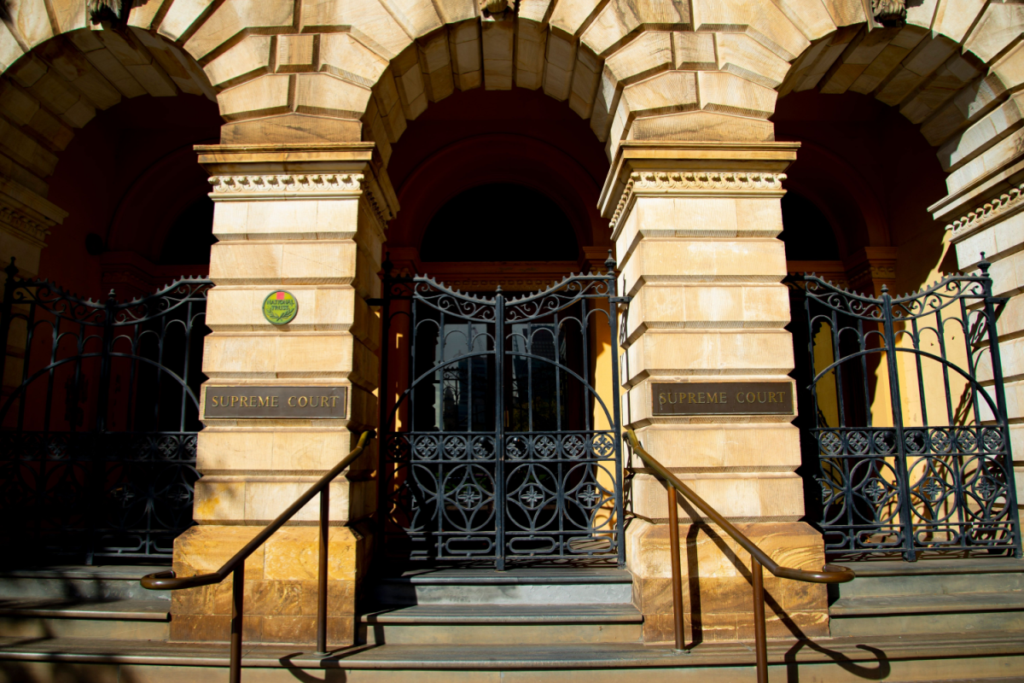Overview
NSW Premier Gladys Berejiklian has pledged to introduce legislation that will recognise the death of an unborn child during a criminal act if her government is re-elected in 2019.
The proposed legislation will create an additional offence, making it a crime to kill or injure an unborn child during a criminal act.
The proposed legislation shares similarities with a bill known as Zoe’s Law, which was recently revived by Christian Democrat MP Fred Nile.
The bill was first proposed in 2013, passing in the lower house in November of that year. Its progress was then stalled amid concerns from legal and medical bodies who warned that the proposed laws had the potential to set a “dangerous precedent” for women’s reproductive rights.
The Premier has since acknowledged the issues that surrounded the Zoe’s Law bill, outlining that “the intent of the bill is absolutely on the money in terms of what people want to achieve, but we need to make sure we don’t have any unintended consequences”.
The Premier announced that the legislation her government was looking to enact would take a “fresh look” at the issue, taking into account the advice of experts.
What is Zoe’s Law?
Brodie Donegan was 32 weeks pregnant when she was struck by a vehicle on Christmas Day in 2009. Tragically, her unborn daughter, Zoe, died as a result of the accident.
In NSW a person can only be charged for the death of a child if the child was alive at the time of the incident. Section 20 of the Crimes Act 1900 (NSW) outlines that a child will be deemed to be alive if it has “breathed and been wholly born into the world”. This means that a person cannot be charged with murder (or manslaughter) if the child dies in utero. Instead, the person will be charged with causing grievous bodily harm to the mother.
The driver, who was under the influence at the time of the accident, was therefore not charged with Zoe’s death.
The incident attracted significant media attention and there were calls to enact legislation to reflect the magnitude of loss suffered in these circumstances.
A controversial subject
The move towards enacting legislation to recognise the death of a foetus has been met with fierce objections from some legal and medical bodies, as well as women’s rights groups.
Critics warn that the proposed legislation has the potential to impinge on women’s safe access to abortion. While it is rarely prosecuted, abortion remains criminalised in NSW unless continuing with a pregnancy would jeopardise a woman’s physical or mental health.
The proposed legislation
Nationals MLC Trevor Khan has drafted a number of amendments to the Zoe’s Law bill. His proposal includes an exclusion for abortion and a definition of a foetus as being a minimum of 24 weeks.
The Premier has also explicitly outlined that the new legislation “will not affect abortion”. It is expected that MPs will be given a conscience vote on the matter.
The push to enact the legislation was reignited following another incident in September this year, when an unlicensed driver crashed his vehicle, killing a woman and her unborn twins.
If you need advice or representation for a criminal matter, please contact Hamilton Janke Lawyers 24 hours a day, seven days a week on 4038 1666 (office hours) or 0422 050 502 (24/7).
Key Takeaways
- NSW Premier Gladys Berejiklian proposed legislation for recognizing the death of an unborn child during a criminal act, known as Zoe's Law.
- The law aims to create an additional offense for causing the death or injury of an unborn child during a crime.
- Zoe's Law emerged from a tragic incident where Brodie Donegan lost her unborn daughter, Zoe, due to a car accident caused by an impaired driver.
- The proposal faced concerns from legal and medical bodies regarding potential impacts on women's reproductive rights.
- Amendments include exclusions for abortion and defining a fetus as being a minimum of 24 weeks for the law to apply.
Written By

James Janke
James Janke is founding partner at Hamilton Janke Lawyers, and has more then decade of experience as a Criminal Defence Lawyer. Admitted to both the Supreme Court of New South Wales and High Court of Australia




